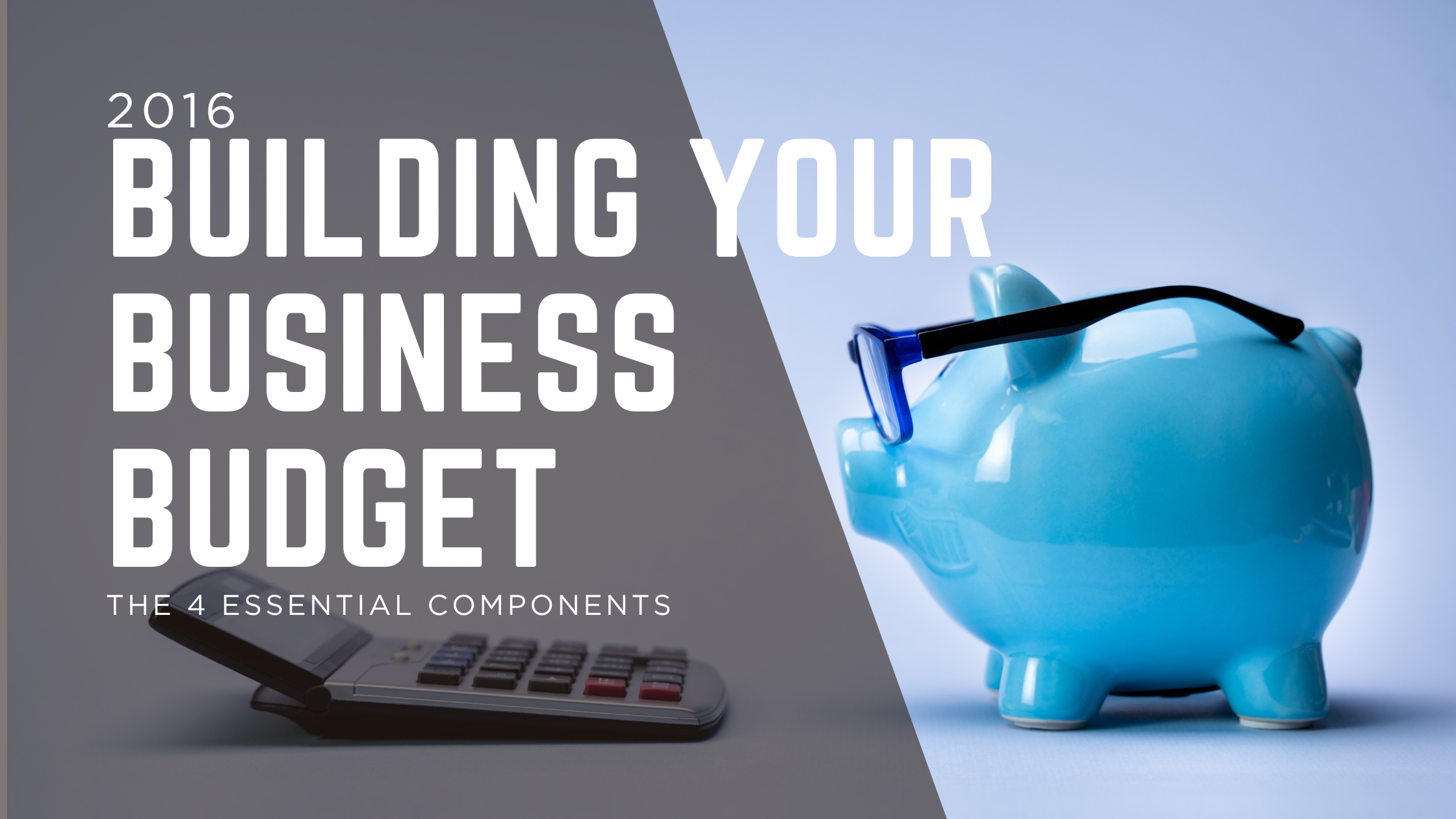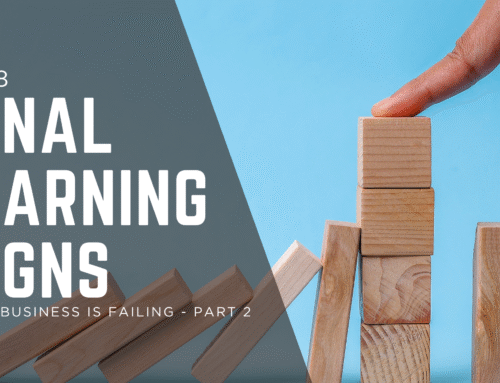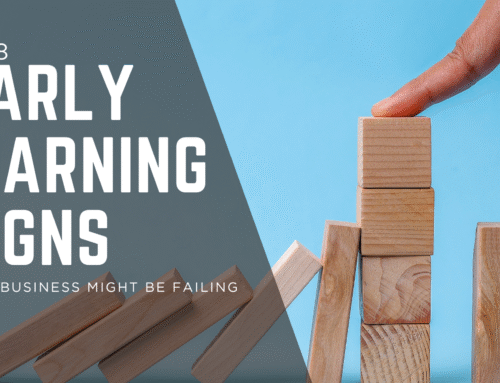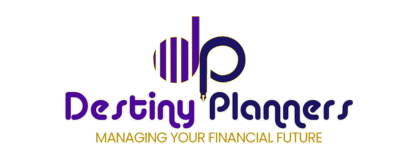
It’s a basic tenet of business: before you can make money, you have to figure out how to spend it. Drafting a budget is a key way to turn your dreams for business success into reality.
This vital tool allows you to:
- Track cash on hand and business expenses
- Determine the revenue needed to grow (or stay afloat)
- Spot potential problems before they multiply
- Make necessary adjustments proactively
The Critical Insight You’re Missing Without a Budget
If you don’t have a formal business budget, you lack the insight to properly evaluate your business’s performance. Without one, it’s difficult to know:
- How your business is truly performing year-to-year
- Where you can make cuts to improve performance
- Whether you have sufficient funds for new equipment (computers, vehicles, machinery)
- If you can afford a new office, warehouse, or factory space
Essential Budgeting Tips for Business Owners
1. Adjust Accordingly in Tough Times
During economic challenges, entrepreneurs need ways to trim expenditures and increase cash flow. If your business expenses need reduction:
- Identify non-essential items in your budget
- Cut those items first to preserve cash flow
2. Consult a Professional
Consider consulting a trusted CPA, financial advisor, or banker to help create your budget. A professional can:
- Get you started with the right budgeting system
- Tailor the approach to your specific business needs
- Provide valuable insights you might have overlooked
What Your Business Budget Reveals
A well-crafted budget enables you to plan ahead, prioritize fund allocation, and gauge whether your financial predictions are accurate. It brings clarity and efficiency to your decision-making process.
Budgets also help minimize risk and should be created before you:
- Sign a new lease
- Invest in new machinery or equipment
- Make other significant financial commitments
Your budget can indicate:
- Funds needed for labor and/or materials
- Total start-up costs (for new businesses)
- Your ongoing operational costs
- Revenues necessary to support the business
- Realistic estimates of expected profits
Using Your Budget as a Living Document
A 12-month budget should be updated with actual expenditures and revenues each month. This allows you to:
- Stay on target with your financial goals
- Troubleshoot when you miss targets by:
- Reducing expenses (labor, equipment)
- Increasing sales through more aggressive marketing
- Adjusting profit expectations when necessary
What to Include in Your Business Budget
A comprehensive budget should include:
- Your revenues
- Your costs
- Your profits or cash flow
This helps determine whether you have money left over for capital improvements or expenses. Tabulate your budget at least yearly, divided into 12 months with columns for both estimates and actual results.
“A wealthy person is simply someone who has learned how to make money when they’re not working.” – Robert Kiyosaki
Ready to create your business budget but not sure where to start? Contact us today for a consultation and let us help you build a financial blueprint for success!







